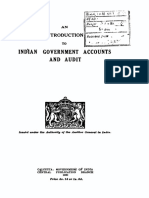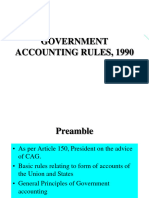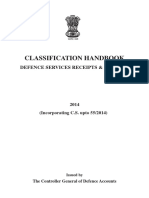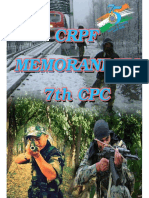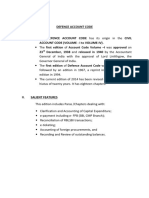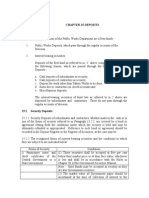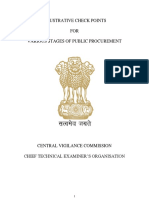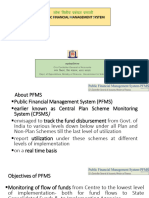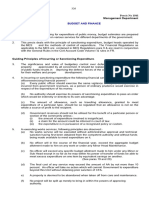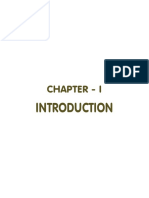100% found this document useful (1 vote)
482 views1 pageContingency Manual
The Contingency Manual classifies charges into four types: Contract, Regular, Special, and Countersigned contingencies. Each type has specific criteria and examples of expenditures, such as office running costs for Contract contingency and government-sanctioned expenses for Special contingency. Countersigned contingency requires approval from a controlling authority to validate expenses.
Uploaded by
ddebajitCopyright
© © All Rights Reserved
We take content rights seriously. If you suspect this is your content, claim it here.
Available Formats
Download as DOCX, PDF, TXT or read online on Scribd
100% found this document useful (1 vote)
482 views1 pageContingency Manual
The Contingency Manual classifies charges into four types: Contract, Regular, Special, and Countersigned contingencies. Each type has specific criteria and examples of expenditures, such as office running costs for Contract contingency and government-sanctioned expenses for Special contingency. Countersigned contingency requires approval from a controlling authority to validate expenses.
Uploaded by
ddebajitCopyright
© © All Rights Reserved
We take content rights seriously. If you suspect this is your content, claim it here.
Available Formats
Download as DOCX, PDF, TXT or read online on Scribd
/ 1
